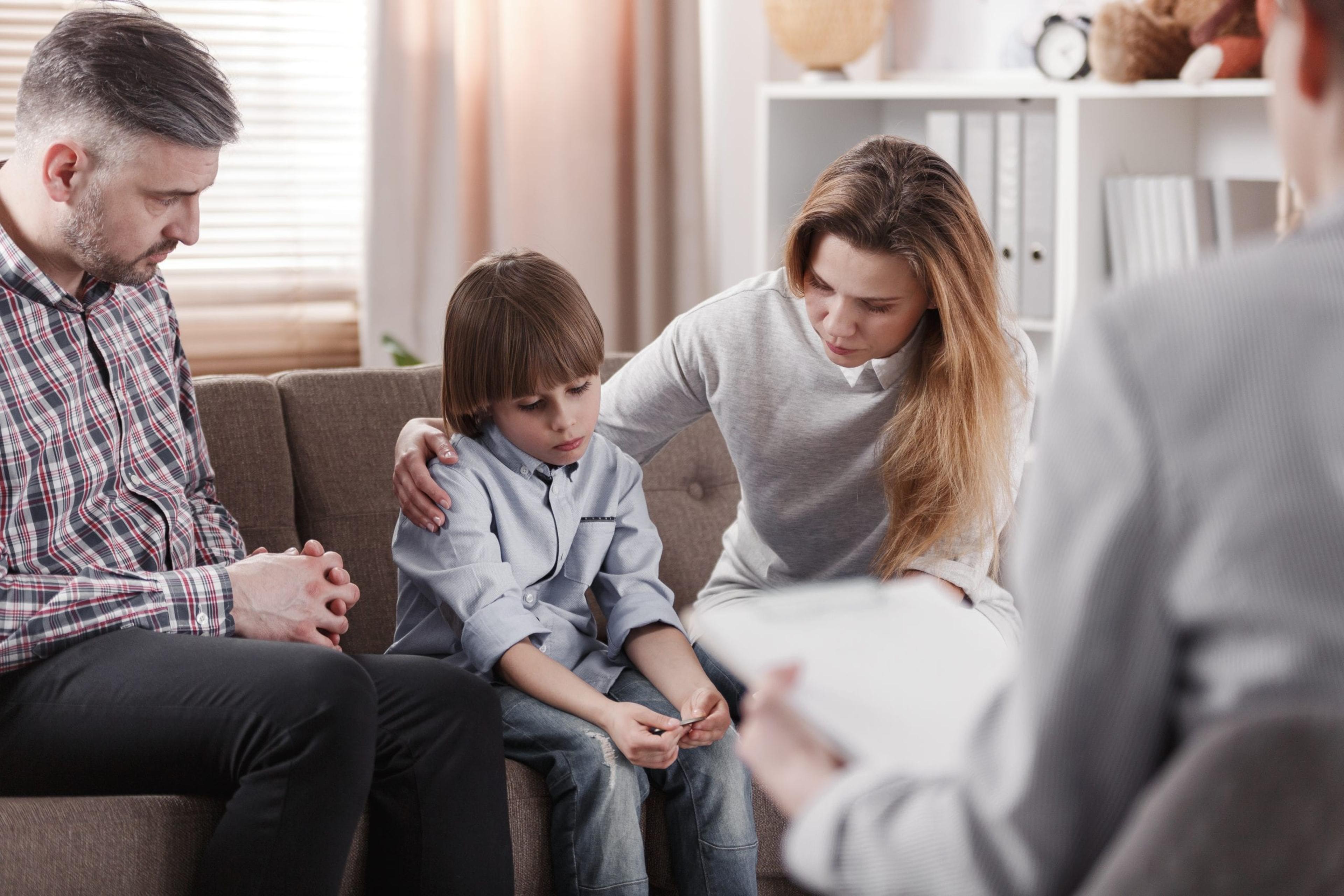Identifying Mental and Behavioral Health Issues in Children
Krystal Clark
| 3 min read

When it comes to parenting, most focus on the necessities: food, shelter, clothing and education. But what about a child’s mental and emotional needs? They’re just as important to their well-being and long-term development. The formative years are an emotional rollercoaster. Depending on the child, the ups and downs can have a varying effect. “In your family, you have to realize children process things differently,” said Dr. Jann Caison-Sorey, senior medical director at Blue Cross Blue Shield of Michigan. “You can have the exact same experience, same parents, same neighborhood school, the whole thing, and you'll have children that'll come away with two entirely different observations or sense of what just happened… Why are they so different? Because they're different people.” In general, there are psychological stages that all kids go through. But in most cases, girls are slightly more advanced than boys. “When you describe how a female accepts stress... [compared to] the boy's like, ‘Eh, whatever,’ you're reflecting where their heads are in terms of those psychological stages,” explained Caison-Sorey. “Where the boy may not be picking up all of the nuances, the girl seems to have … more of a handle of what does this mean for me.” Regardless of gender, it’s important to understand a child’s mental and emotional state. How do they cope with negativity? Do they act out or do they internalize it? On the latest episode of the A Healthier Michigan Podcast, hosted by Chuck Gaidica, Caison-Sorey and Grace Derocha, a certified health educator, health coach and dietitian with Blue Cross Blue Shield of Michigan, discuss the root of children's behavioral issues. [podcast_player] If left unchecked, mental and emotional problems can manifest physically. “I worked as a pediatric dietitian,” revealed Derocha. “And we had kids come in that would show different signs and symptoms of stomach aches or headaches… not wanting to go to school because of it… Is there more going on? And many times, there was.” These can be signs of a larger problem, one that a child may struggle to articulate. “How do you call for help when you're six or seven or eight years old,” asked Caison-Sorey. “You don't know how to do that. So, [the] stomach ache, you know, mom, dad… that gets somebody's attention. That brings you in.” Major disorders aren’t typically diagnosed for those under age eight. But children can still exhibit symptoms of serious conditions such as depression, anxiety, bipolar, and attention-deficit hyperactivity disorder (ADHD). Therefore, parents should take note of any overt changes that may be a cause for concern. If they showcase symptoms associated with one or more conditions, contact a primary care physician immediately. Find a doctor who’s supportive and totally invested in the child’s care. One that will address potential issues without being dismissive or flippant. In this process, the parent-doctor relationship is just as important as the child's. Want more content like this? Read these posts:
- Children and ADHD: Signs and Symptoms You Should Know
- Is it Stress or Depression?
- Seeking Mental Health Care in New Ways
Photo credit: KatarzynaBialasiewicz





